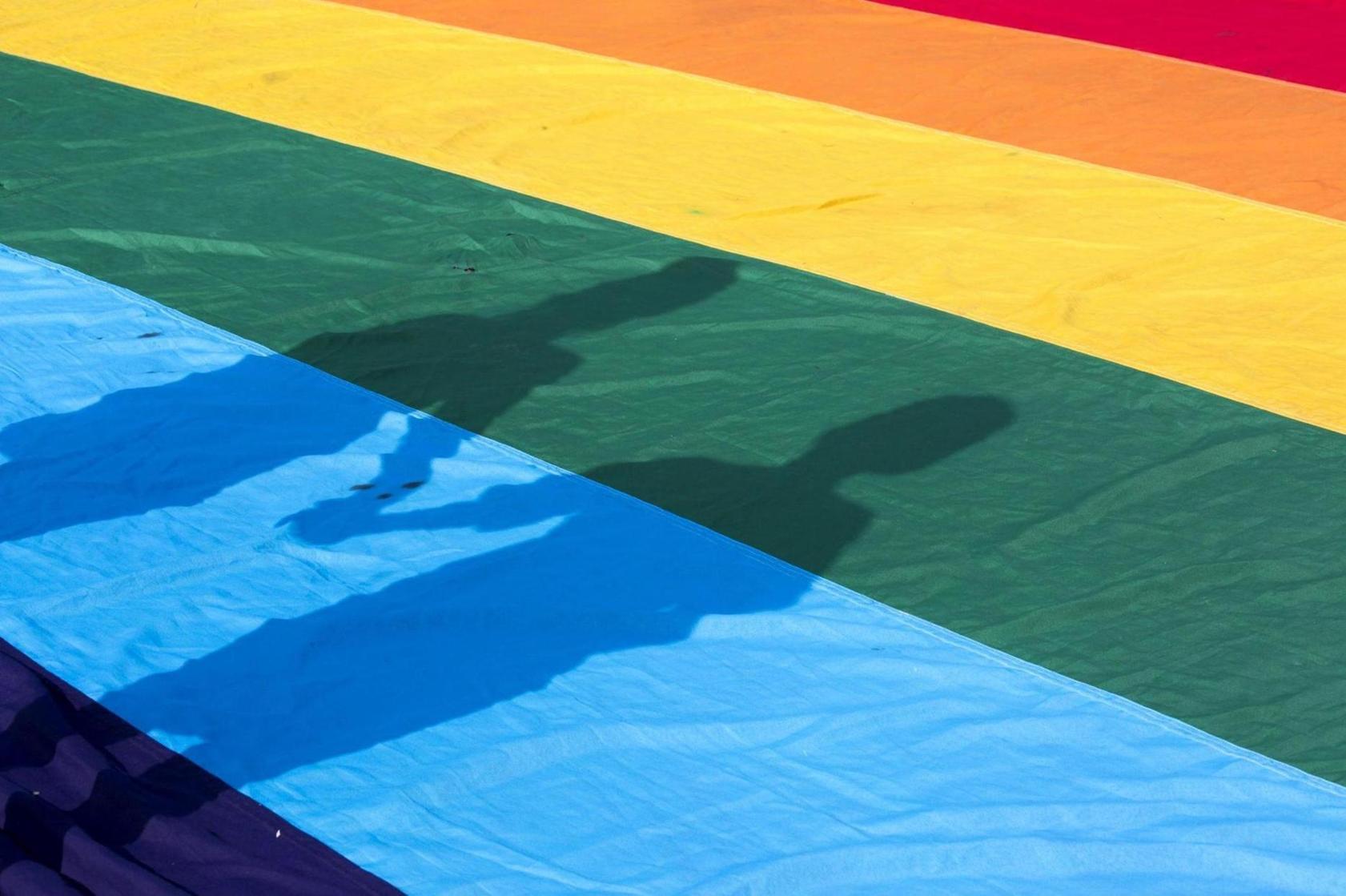Africa-Press – Mauritius. Mauritius’ highest court has taken a significant step by decriminalizing same-sex relations, citing the historical context of British colonial influence rather than indigenous values as the basis for the previous ban.
The prohibition of “sodomy” was originally established by British colonialists in 1898, but recent years have seen non-enforcement of this law. The petitioner, a gay man in Mauritius, expressed his newfound freedom to love openly without apprehension following the court’s decision.
This ruling emerges during a period marked by increasing homophobia and the introduction of stricter anti-LGBT laws in several African nations. Most notably, Uganda enacted a contentious Anti-Homosexuality law, which includes the death penalty for “aggravated homosexuality,” involving sex with minors or rape.
In some African states, there is a prevailing sentiment that homosexuality is incongruent with African values and religious beliefs. The case in Mauritius was initiated by Abdool Ridwan Firaas Ah Seek, who contended that the “sodomy offense” violated his fundamental rights, including his liberty.
The Supreme Court, in its judgment, emphasized that this law did not align with native Mauritian values but had been inherited from the colonial era under British rule, representing an imposition rather than a reflection of the domestic democratic will.
The court’s decision means that individuals can no longer face arrest for engaging in same-sex relations; however, the parliament must formally repeal the law to legalize it.
The state, in its legal arguments, maintained that it was attentive to the concerns of the LGBT community but underscored that changes to the criminal code were contingent upon “favorable” societal conditions, to be determined by parliament.
Mauritius, despite gaining independence in 1968, had retained the ban on same-sex relations, a stance that had been staunchly supported by religious groups.
Abdool Ridwan Firaas Ah Seek hailed the ruling as a boon for future generations in Mauritius, enabling them to openly embrace their sexuality without the looming threat of arrest.
The Human Dignity Trust (HDT) characterized this ruling as the culmination of over a century of “state-sanctioned stigma against LGBT people in Mauritius” and believed it would convey a strong message to other African nations with similar criminalization laws.
Although Mauritius’ law technically imposes a maximum prison sentence of five years for same-sex relations, it has largely fallen into disuse, as noted by the HDT. Globally, 64 countries still have laws that criminalize homosexuality, with nearly half of them located in Africa.
For More News And Analysis About Mauritius Follow Africa-Press







